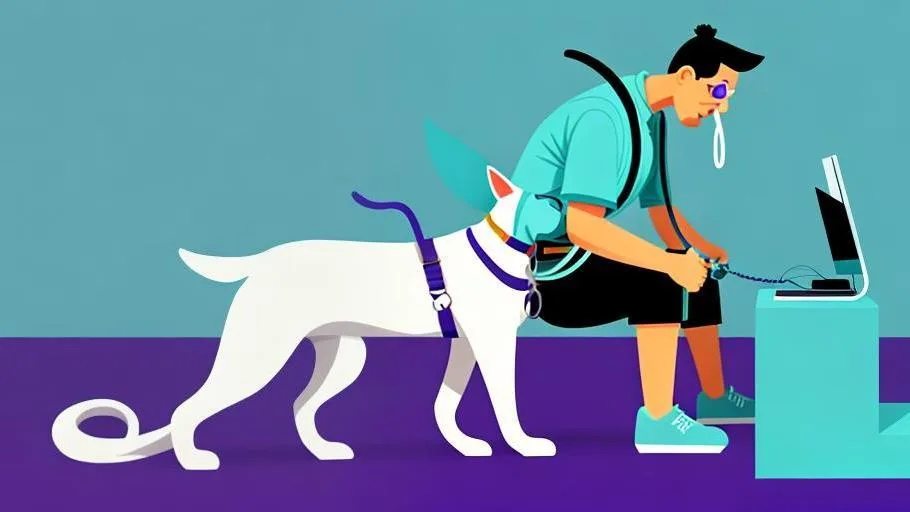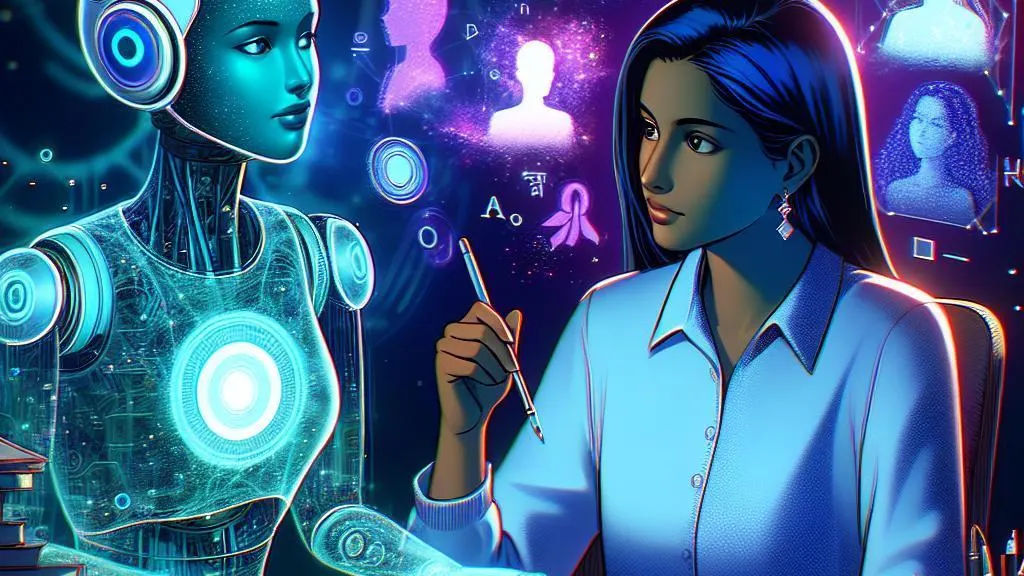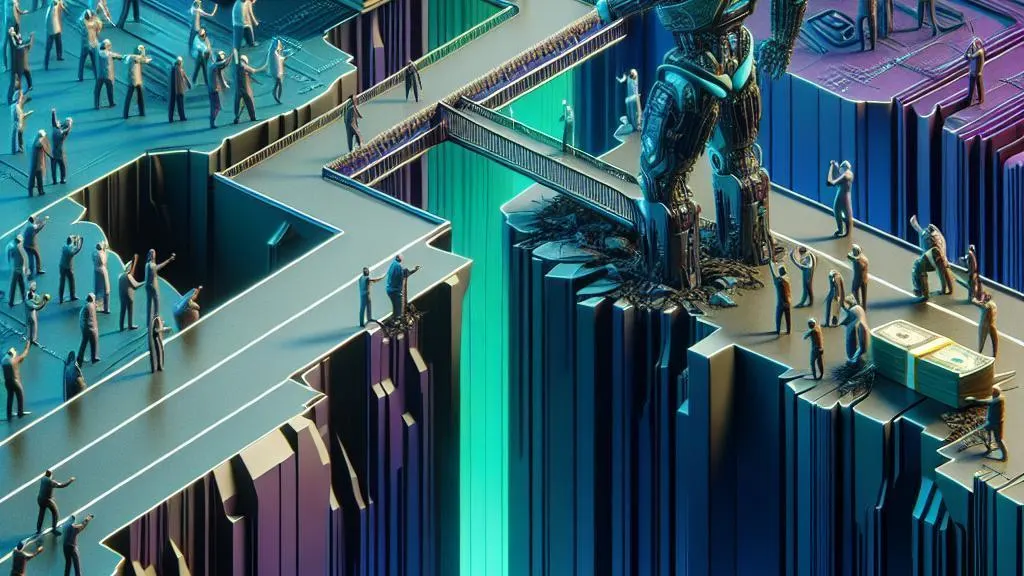Supercharging Your Story: How to Harness AI for Next-Level Writing in 2024
I've been writing for many years, and like many of my creative peers, I'm always …

Just when you thought you'd aced the digital marketing scene, along comes Artificial Intelligence (AI), knocking the ball out of the park! Welcome, fellow business adventurers, marketing magicians, and content connoisseurs.
Today, we are delving into the fascinating depths of AI and its role in content creation. In this era of digital innovation, AI is no longer just a hot topic; it's quickly burrowing its roots deep into our everyday lives, reshaping the landscape of business and marketing.
So, slide your curiosity glasses on as we answer the million-dollar question: how is AI revolutionizing content creation and altering the course of SEO, website traffic, and business dynamics? Buckle up, for a thrilling journey awaits us!
However, in other instances, the AI—the entity that generates the content—may be seen as the owner. In consideration of intellectual property rights, if AI produces content similar to previously published material, the concern lies in who would have the claim— the original author or the AI.
But, the waters get murkier when an AI transitions from an assistant to a creator. Uncertainties arise, especially in situations with 'complex' AI that can independently make decisions based on prior data sets.
Keeping the tricky balance between leveraging AI advancements and preserving human originality is an intriguing voyage embarked upon by modern businesses and marketers. We stand at an epoch of a new era, witnessing how AI writes its own narrative in content creation, and we are all, knowingly or unknowingly, adding our own subplots to this transfixing chronicle. Here's to the unfolding saga of AI and content creation! Cheers!
AI not only has the potential to reshape the landscape of content creation but poses a significant quandary in the realm of intellectual property rights, copyright, and ownership. As we continue to leverage AI in our daily lives, businesses and individuals will need to navigate the intricate world of AI content ownership.
Whether it is using reliable AI companies for content generation or developing a symbiotic relationship with AI—where human creativity is complemented, and not replaced by AI, industry players need to make informed choices.
In tandem, policymakers need to stay ahead of the curve and anticipate the potential consequences of AI expansion and respond with practical and fair laws that protect the rights of creators, businesses, and consumers alike.
It's an exciting and challenging time in the world of content creation, and how we navigate the journey of AI-generated content is a narrative that is yet to unfold fully.
Some other posts you may like

Supercharging Your Story: How to Harness AI for Next-Level Writing in 2024
I've been writing for many years, and like many of my creative peers, I'm always …
August 18, 2023
Read More
What are some potential pitfalls and issues when using AI for a business chatbot?
In the labyrinthine digital marketplace where businesses vie for a spot in the limelight, chatbots …
August 18, 2023
Read More